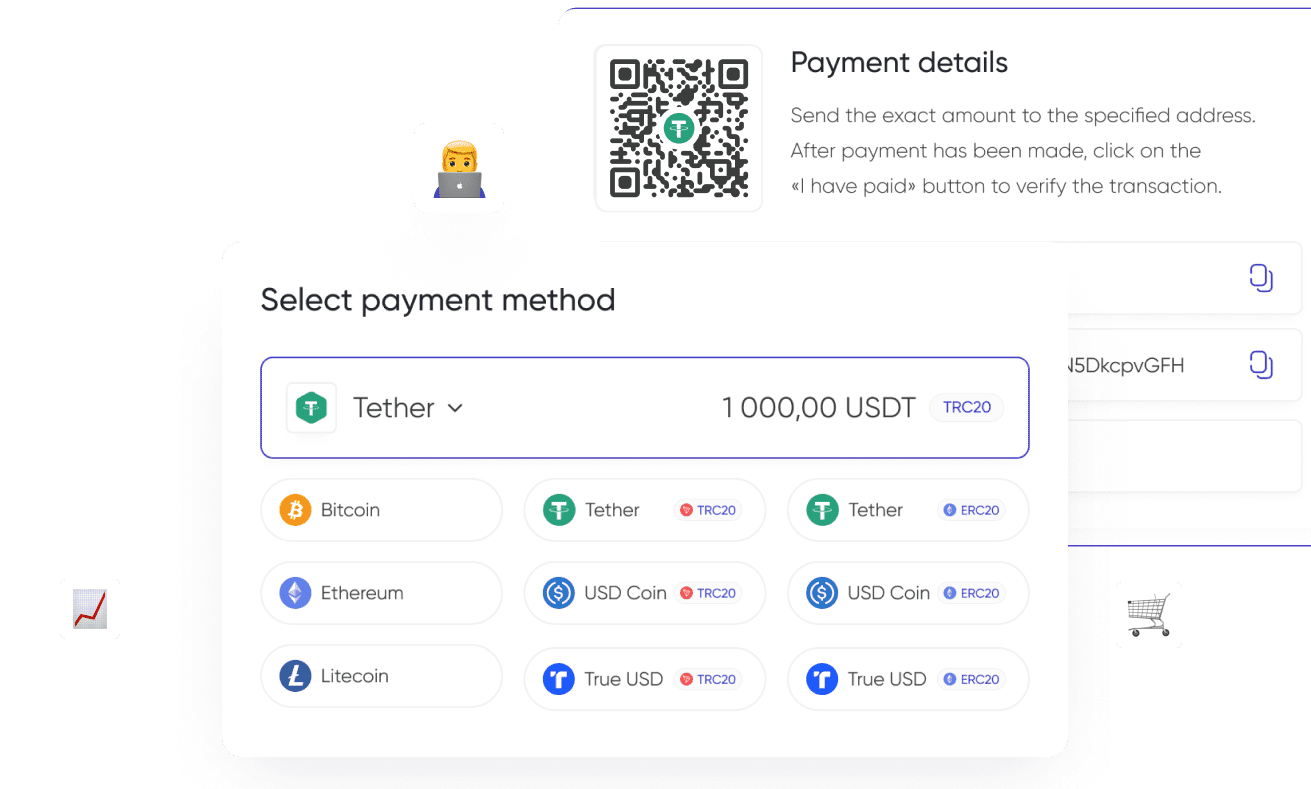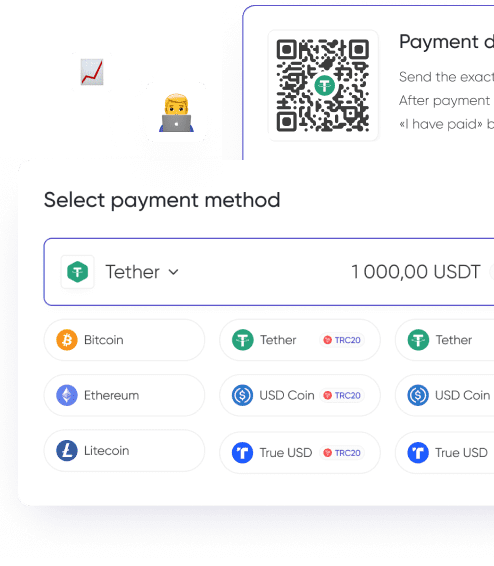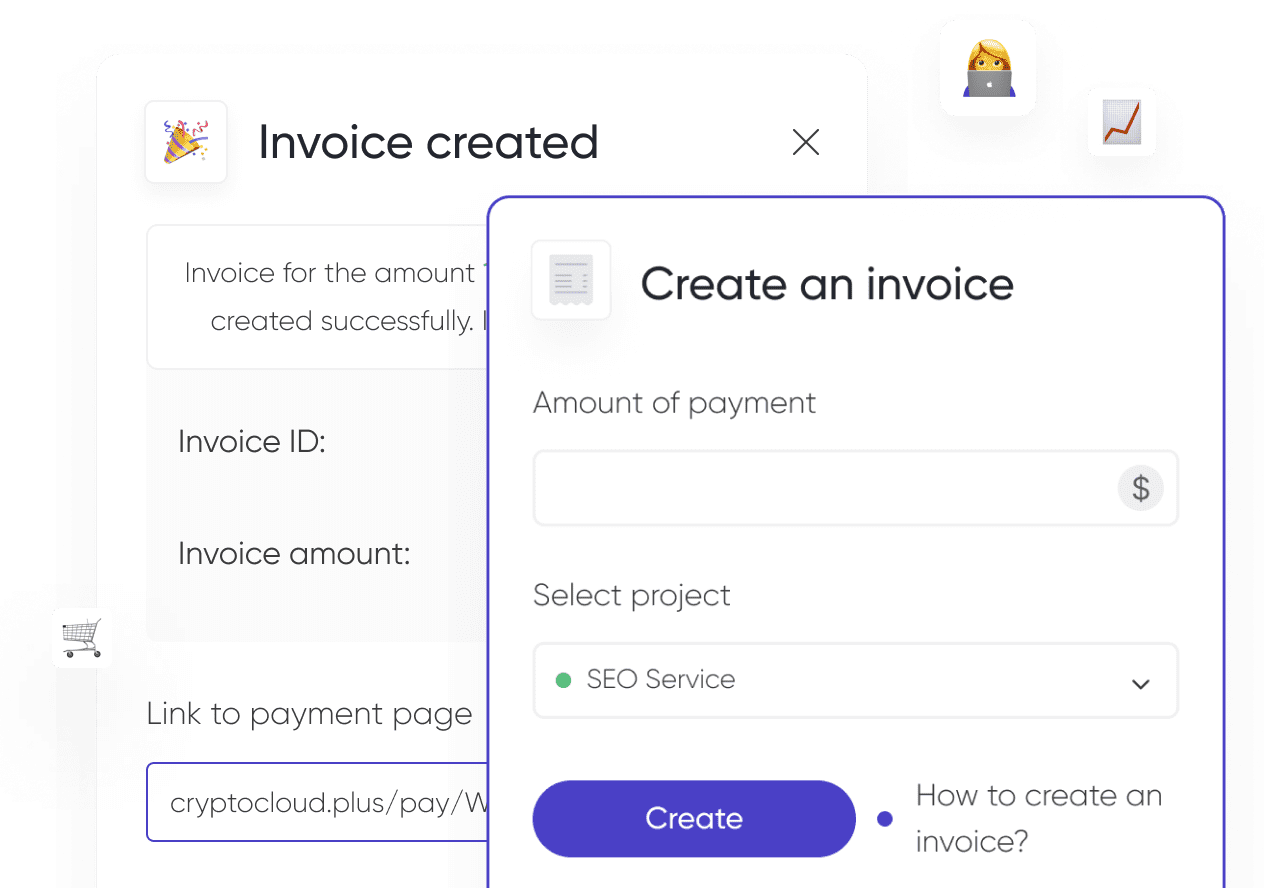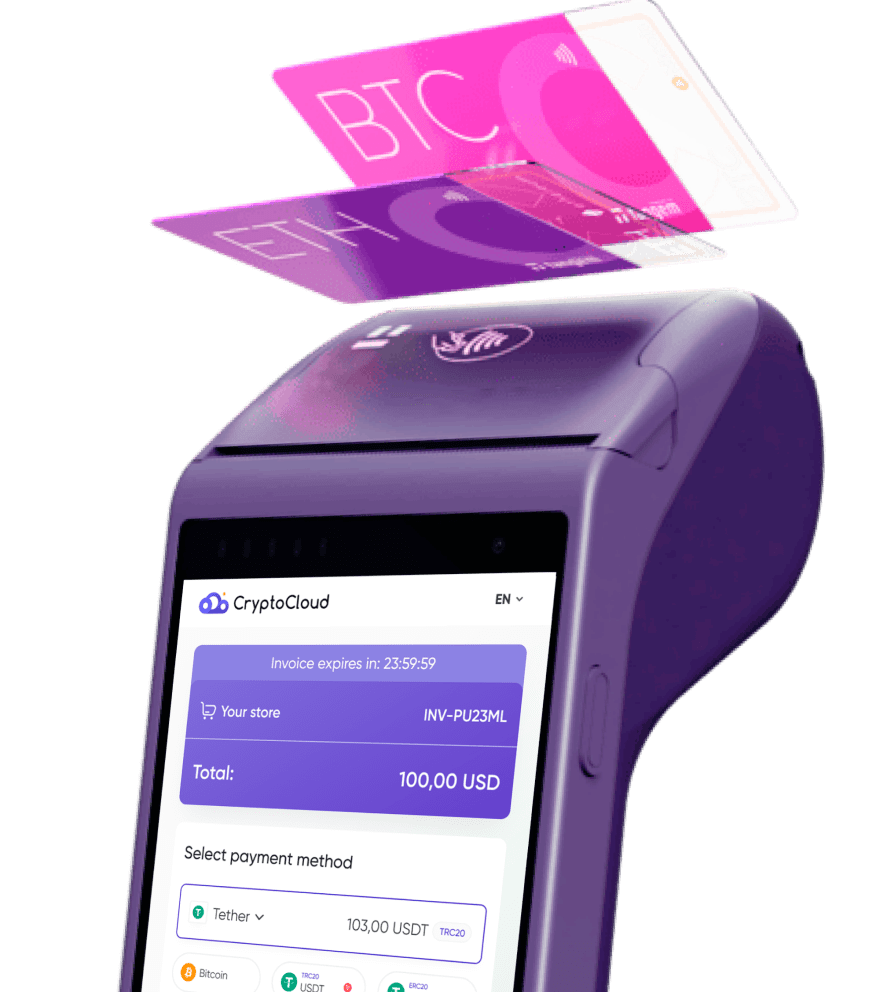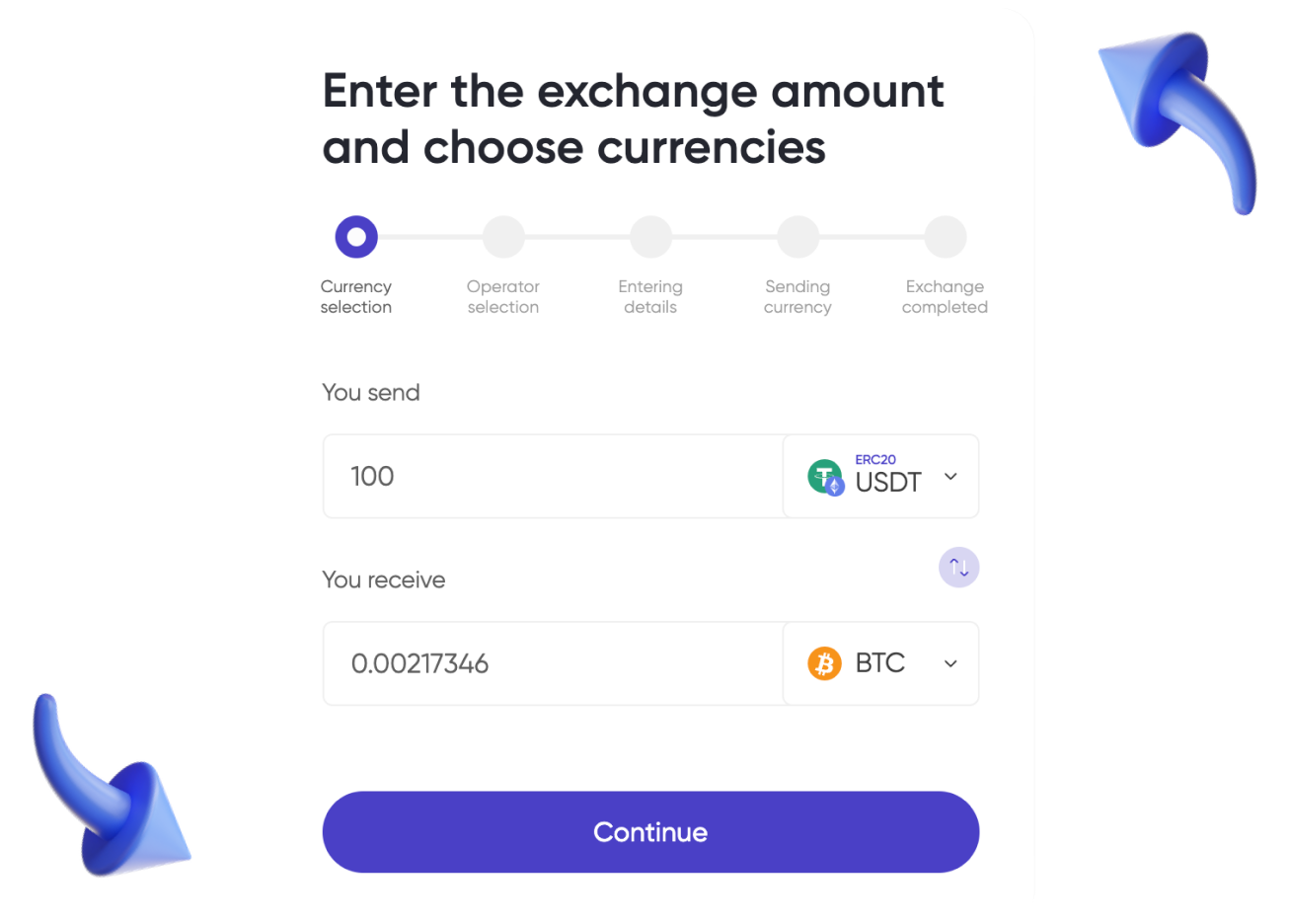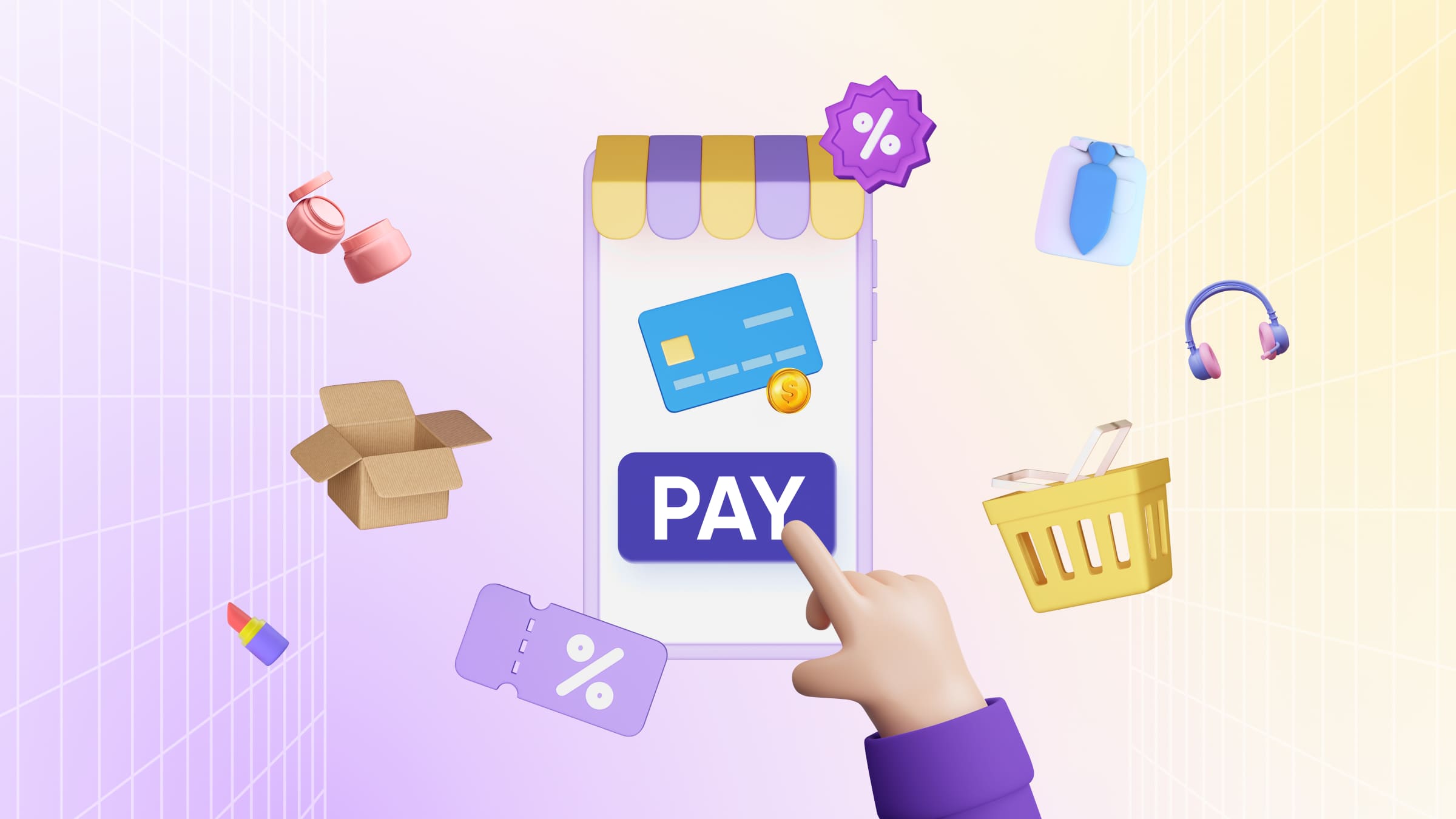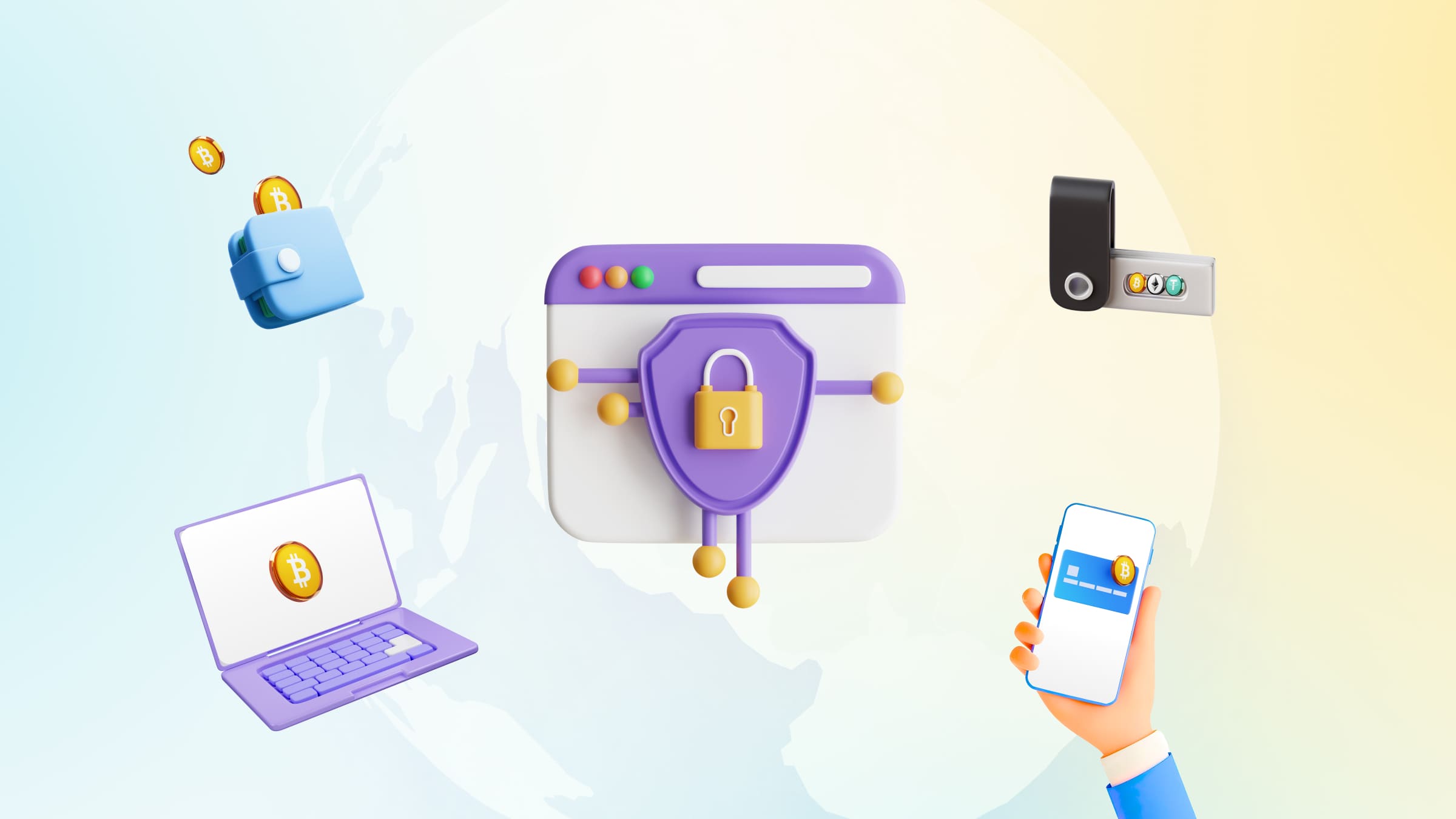In 2023, the global smart contracts market exceeded $1750 million. According to Zion Market Research, this figure will increase by about 24% annually, reaching $9850 million by 2030. The number of organizations and private entrepreneurs for whom smart contracts have become commonplace is constantly growing.
What are the benefits of such contracts? How do they work? Where are they most in demand? Below, we will answer these questions. But first, let's clarify what smart contracts are all about.
What Is a Smart Contract
It is a transactional protocol or a program that automatically controls and executes the terms of the contract prescribed in it.
The concept of smart contracts was proposed in 1994 by American cryptographer Nick Sabo. It was realized only in 2008, with the advent of blockchain technology in the bitcoin cryptocurrency.
Blockchain allowed for the storage of information about each data chain, which was stored with each network participant. This empowered smart contracts by making them as informative and secure as possible.
However, Bitcoin creator Satoshi Nakamoto, concerned about security, restricted how smart contracts could be programmed.
A new stage in the development of smart contract technology began in 2013 when Vitalik Buterin created the Ethereum platform. It is a universal decentralized blockchain system that allows data storage and processing system programming. Today, it leads in the number of smart contracts, most of which are written in the Solidity language.

Smart Contracts Classification
With the development of technology, different types of smart contracts have emerged. They are divided according to the following criteria.
- According to the execution environment, contracts can be decentralized and centralized.
- By the degree of anonymity, confidential, partially confidential and open contracts are distinguished.
- According to the mechanism of execution or initiation, automated and manual are defined when the user is required to confirm the transaction manually at each stage of execution of the contract terms.
Depending on the project's goals and nuances, developers can endow a smart contract with any of the above characteristics.
Smart Contract Technology
The operation of a smart contract implies performing specific actions while complying with the terms of a contract drawn up in the blockchain. The contract is concluded by users (addresses), who can be individuals or organizations.
A smart contract includes the contract itself and two public keys. The first of these keys is provided by the contract's creator. The second is the contract itself — a unique digital identifier.
The terms of a smart contract are spelled out using the formula: «if... then». For example, if party A transfers money, then party B transfers the rights to the apartment. It is not a contract in the legal sense, but a piece of code.
When such contracts are executed, a blockchain transaction occurs. A smart contract is activated through a personal account or another smart contract. But the sequence of such contracts is always triggered by the user from their account.

Advantages and Disadvantages of Smart Contracts
Smart contracts are popular for several reasons.
- Automation. All the terms of the deal and sanctions for its violation are prescribed in advance. The parties only need to activate the contract to start the fulfillment process. Smart contracts are based on algorithms, so they minimize the risk of human error.
- Transparency. Smart contract data is stored in a decentralized digital registry. Therefore, the contracting parties will be able to track the stages of execution in real-time and ensure that everything is going according to plan.
- Reduced costs. The conclusion of a smart contract does not require a face-to-face meeting between the parties or their proxies, nor does it require the mediation of a lawyer, a notary who will have to be paid, or government services that collect fees. You don't have to go to court or hire a lawyer if its terms are violated.
- Security. Information from the blockchain cannot be edited or deleted. This protects the smart contract from manipulation and interference by fraudsters. All transaction information is encrypted using cryptographic methods. This allows anonymity to be maintained by the parties entering into the smart contract.
- Speed. If you do not enter into a smart contract, the agreement will necessarily require a personal meeting of the parties, mediation of third parties, and the completion of documents. This is time-consuming and delays a transaction that could have gone much faster.
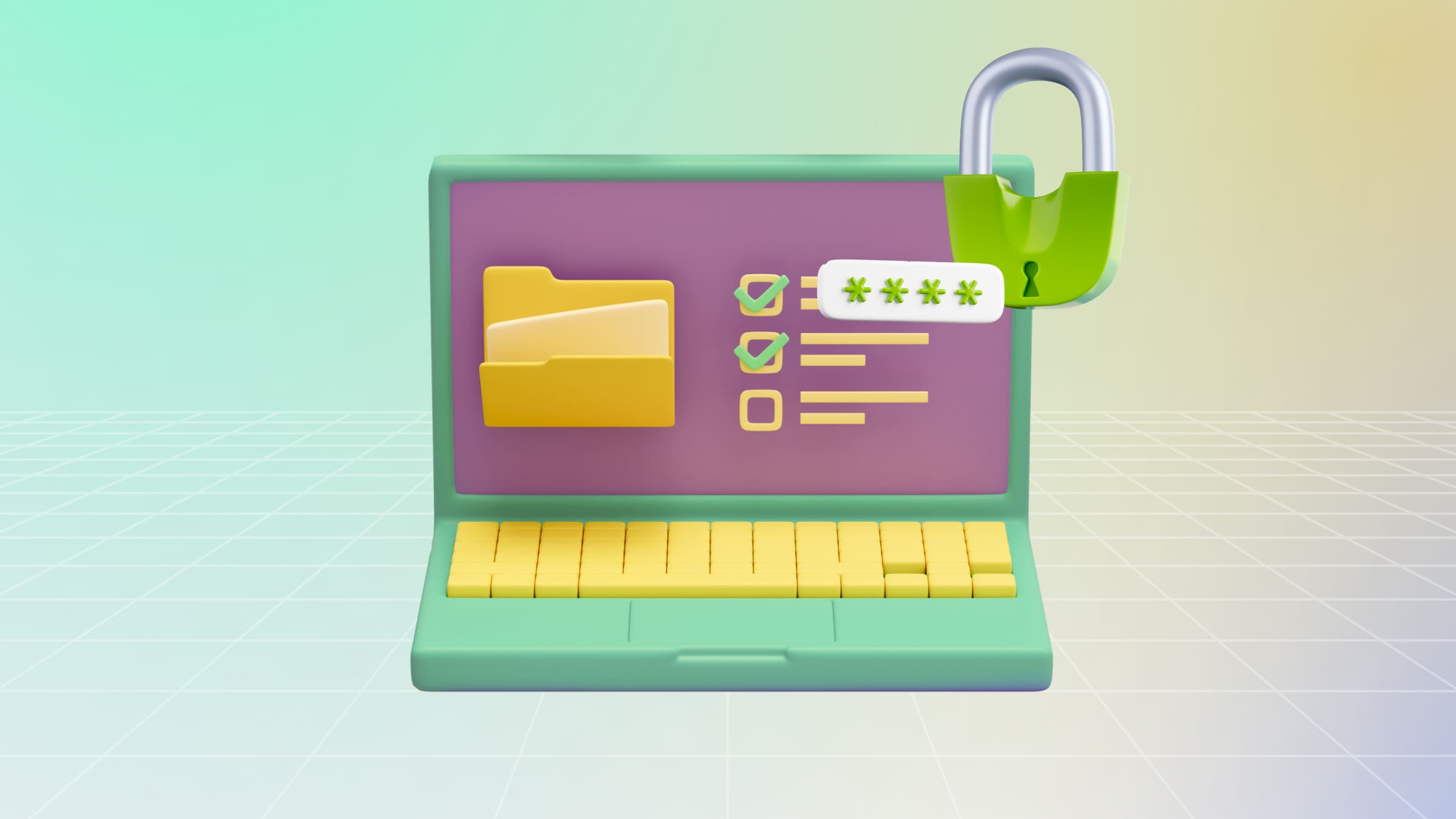
But it has some significant disadvantages.
- Vulnerability of the code. A smart contract must be closely tied to real-world events with the help of special programs — oracles. If information about these events is unreliable, serious program code errors are possible, leading to major financial losses when the deal is finalized.
- Lack of legal basis. Legislation still needs to define smart contracts' legal status and legal regulation in most countries.
- Difficulty in making changes. The blockchain does not have mechanisms to edit the information contained therein. This becomes important when an error is detected in the program code or when a smart contract is updated due to changed terms.
To protect themselves, professionals develop smart contracts and then audit their work to ensure its accuracy.
Smart Contracts Spheres of Use
Smart contracts are often used in the following spheres.
- Finance. Smart contracts allow you to automatically make transfers and payments without the intermediation of a bank, saving on commissions. They also use blockchain instead of a ledger. As a result, a customer can find out when and how a payment was made at any time, increasing the level of trust between him and the organization.
- Real estate. Smart contracts will help conduct all transactions related to purchase and sale, including registration and titling. The client receives the necessary document by transferring money, either personally or through a mortgage company. Banks also use smart contracts to manage financing and rental companies to create digital leases.

- Insurance. The Smart Contract allows for the fastest possible processing of requests. When an insured event occurs (property theft, natural disaster, car accident, etc.), the contract automatically makes a request. Information about the details (such as the extent of damage) is recorded in the blockchain. It is relied upon to determine the specific amount of compensation.
- Taxes. Two functions of smart contracts are important here - automating payments and recording all information in the blockchain. The first prevents forgetting to make a payment, which prevents inadvertent crime and protects against fines. The second provides access to information about taxes paid. Transparent tax records prevent possible fraud.
- Logistics. Smart contracts help organize business processes: conduct auctions among suppliers of goods and services, organize electronic document flow, control information exchange with the objects of the Internet of Things, carry out settlements between the customer and the transportation performer, and automate information exchange and further movement of stocks in supply chains.
- Licensing. First of all, it concerns software licensing. Developers can conclude a smart contract, according to which the software will be automatically disabled if unauthorized persons access it. This protects against «piracy» and makes it easier to monetize activities.
Future Prospects
The number of smart contract users is only predicted to grow yearly. Such contracts automate routine activities that previously had to be done manually, eliminate intermediaries, and simplify business processes.
The problems associated with the smart contract protocol will sooner or later be solved, and as opportunities grow, trust in them will also increase.







